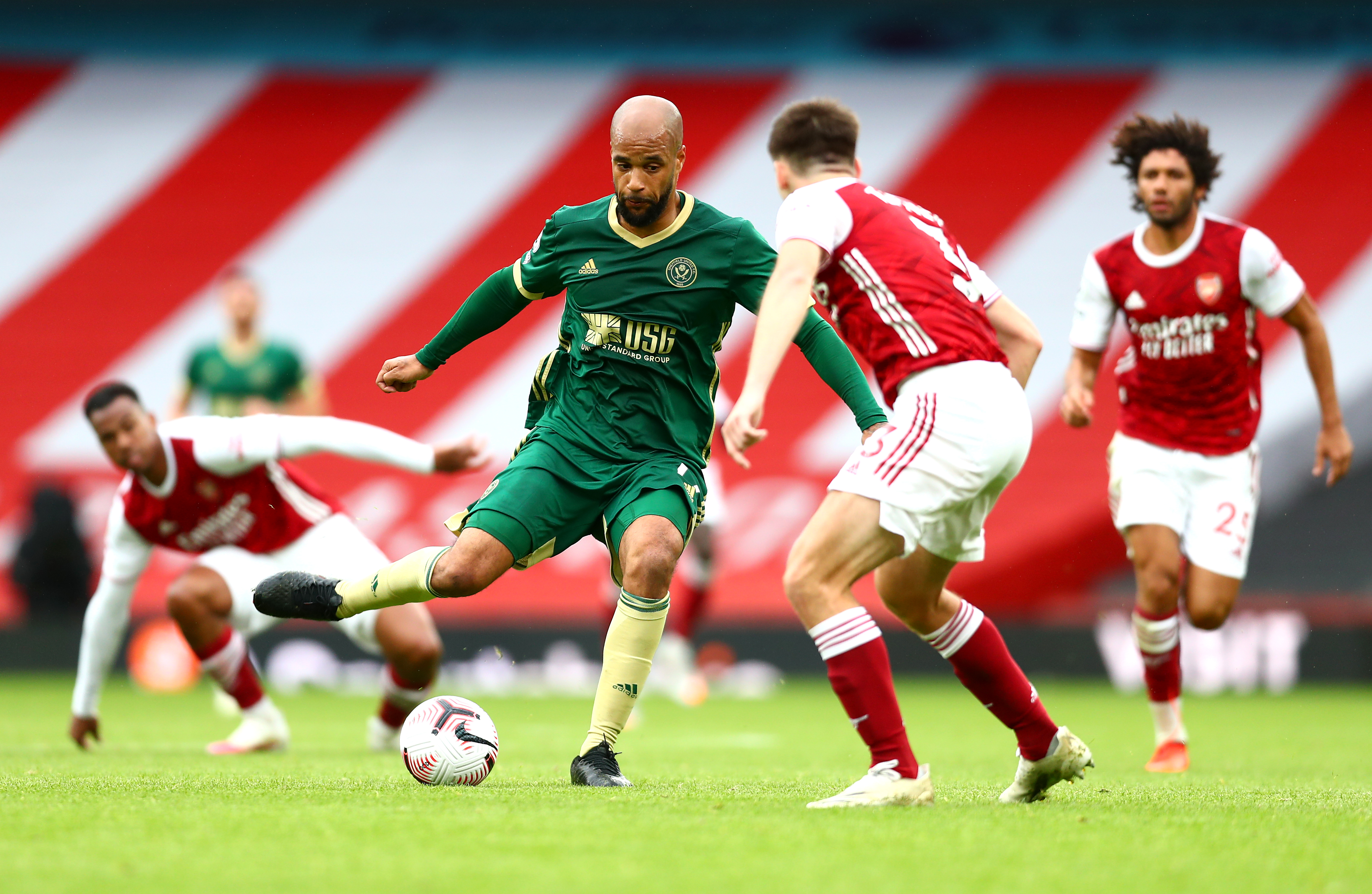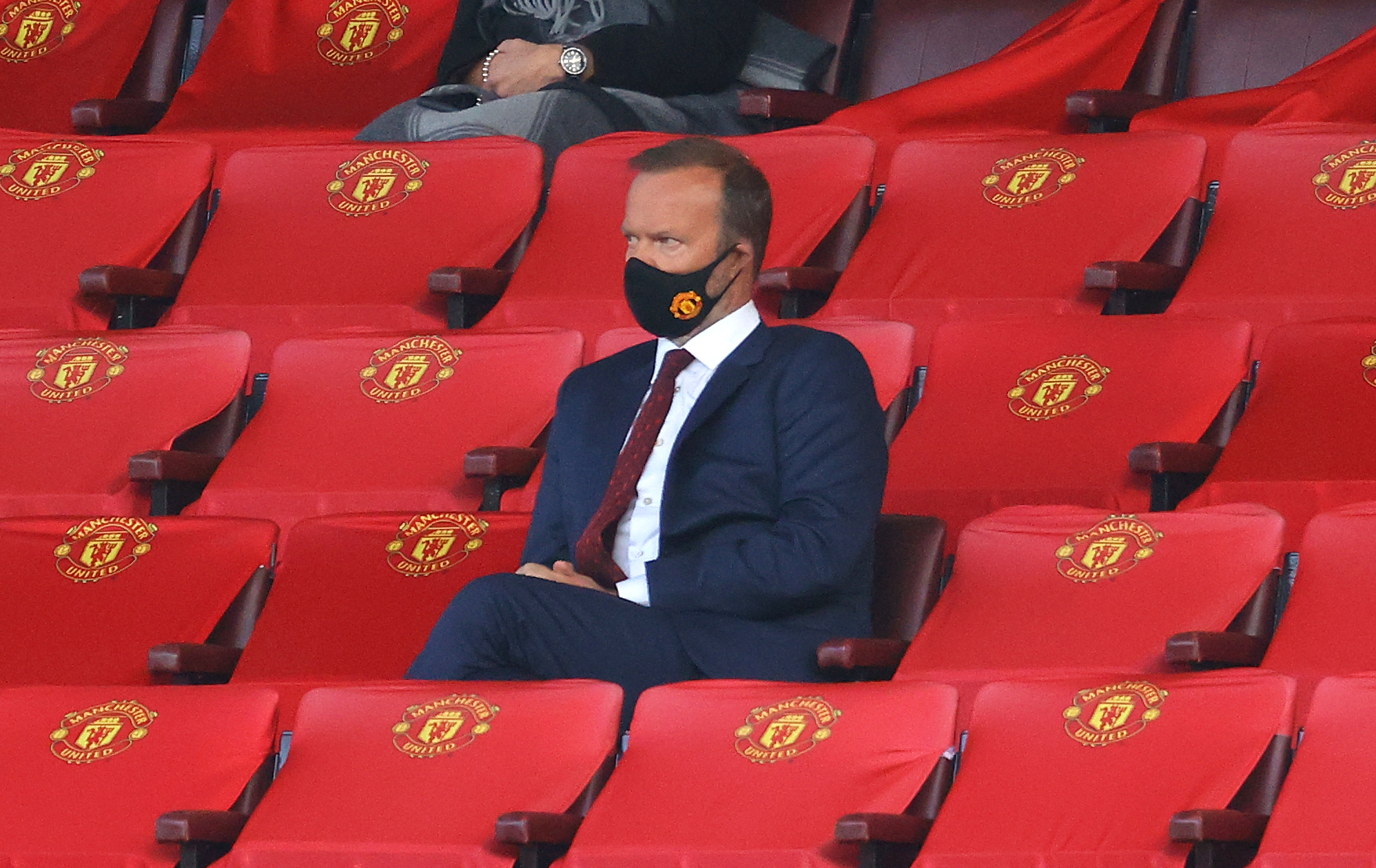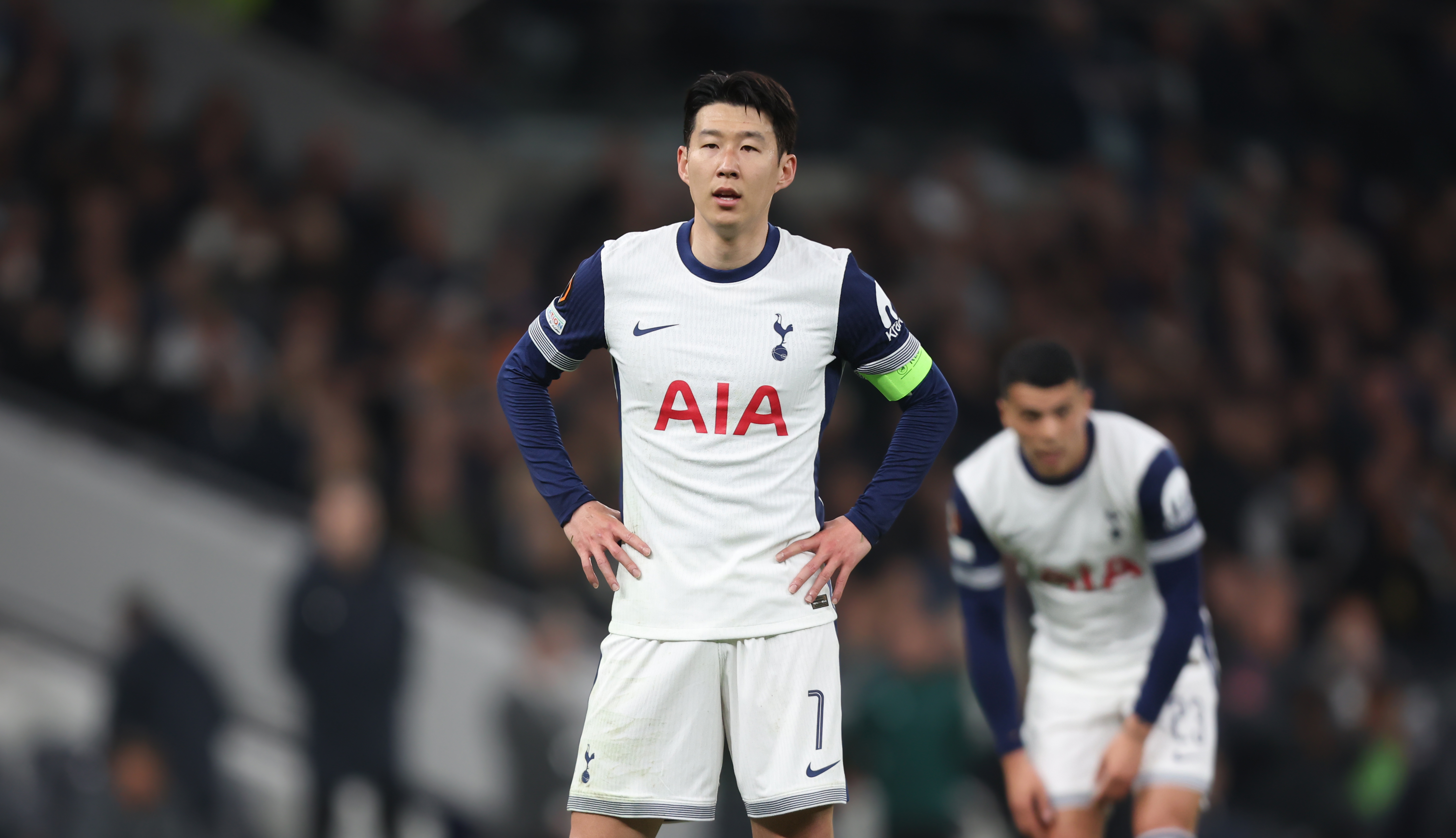Supporters group urges BT and Sky to lower pay-per-view Premier League prices

A leading fans’ group has urged Sky Sports and BT Sport to reconsider their pricing for pay-per-view Premier League matches in October.
The league announced on Friday that all matches not already earmarked for live coverage would be available on one or other of the broadcasters’ Box Office services.
Former England and Manchester United defender Gary Neville criticised the pricing, which BT said would be £14.95 per match, and the Football Supporters’ Association said it had already heard from fans who were concerned about the cost.
This is a really bad move by the @premierleague to charge £14.95 for single matches that have been shown free for 6 months !— Gary Neville (@GNev2) October 9, 2020
Shadow sports minister Alison McGovern later called for the plan to be scrapped.
A statement from the FSA read: “Today’s announcement shows that fan power works. At the start of this season the Premier League and its broadcasters had planned to leave match-going fans entirely locked out of their side’s matches; now thanks to the sustained pressure of our #LetUsWatch campaign all games will be available for fans.
“Many Premier League clubs have already taken money from fans, particularly season ticket holders, for matches they can’t attend so we urge them to get refunds out to those supporters as soon as possible.
“We’ve also already heard from many supporters and FSA members who are concerned about the £15 per game being charged and we’d urge BT Sport and Sky Sports to reconsider their pricing for these games.”
Get FourFourTwo Newsletter
The best features, fun and footballing quizzes, straight to your inbox every week.
Neville took to Twitter to add his criticism of the pricing.
“This is a really bad move by the @premierleague to charge £14.95 for single matches that have been shown free for 6 months !” he wrote on his official account.
The #PL today confirmed all fixtures until the end of October will continue to be made available to fans to watch live in the UK— Premier League (@premierleague) October 9, 2020
Labour MP McGovern echoed the views of the FSA and Neville.
“This proposal, coming just days after a transfer window in which Premier League clubs spent more than a billion pounds in transfer and agent fees, will be a huge disappointment for fans,” McGovern said in a statement.
“The Premier League should scrap this plan, while the Government must stop dithering and bring forward the fan-led review of football they promised in their manifesto.”
BT Sport defended the move, and said in a statement: “With supporters still unable to return to stadiums, we want to help fans watch the games they would usually attend and clubs generate critical revenue.”
The PA news agency understands Manchester United’s executive vice-chairman Ed Woodward was opposed to the pay-per-view proposal and preferred a model which would give season ticket holders access to home matches.

However, it is understood United accept that decisions such as this are made by the Premier League as a collective. No decision has yet been made on how to divide up the revenue from the pay-per-view games.
On the first weekend of October, all matches were televised by either Sky or BT. It had been hoped that grounds would be up to one-third full for those games, but the Government’s decision to scrap the return of fans from October 1 due to a rise in coronavirus cases meant the Premier League needed to find a way to screen all the games.
In September, matches were shown on those two broadcasters plus Amazon and the BBC.
All 92 matches of the restarted 2019-20 season were televised, with 33 of those games made available free to air.
Earlier this week, the Premier League joined forces with the EFL and the Football Association to call on the Government to provide “clarity” over the road map to getting supporters safely back into stadiums.
The organisation’s chairman, Gary Hoffman, sits on the Sports Technology and Innovation Group (STIG) which looks at how technology can be harnessed to get fans back into venues.
